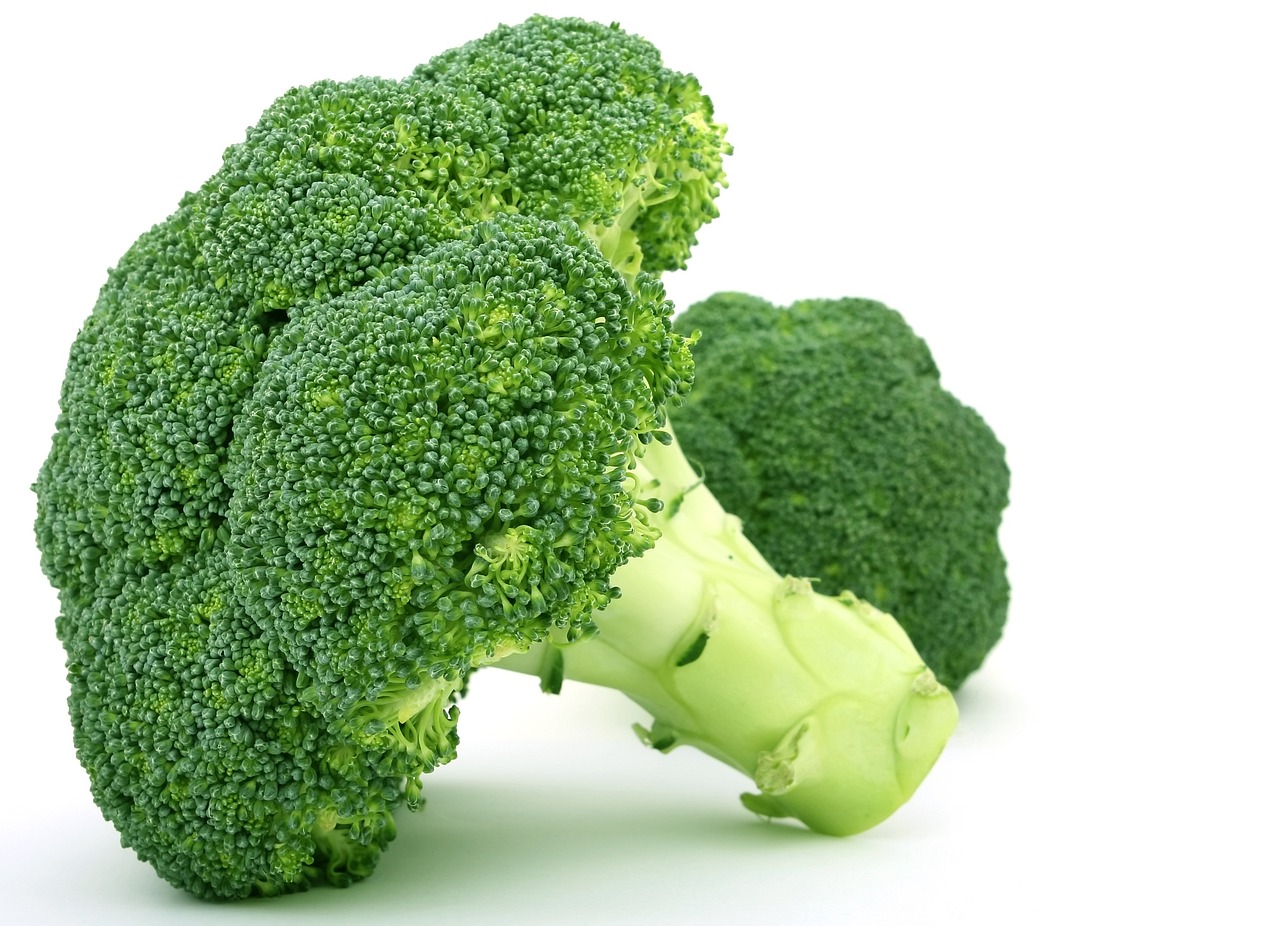“`html
In an age where health and fitness dominate conversations, calorie counting has emerged as a method many individuals use to help manage their weight and improve their overall diet. Whether your goal is weight loss, muscle gain, or simply maintaining a healthy lifestyle, understanding calorie counting can be a vital tool in your nutritional arsenal. This blog post will explore the fundamentals of calorie counting, its benefits, best practices, and common pitfalls to avoid, ensuring you’re well-equipped to embark on your calorie-counting journey.
Understanding Calories
To effectively count calories, you need to grasp what calories are and their role in nutrition.
What Are Calories?
Calories are a unit of measurement used to quantify the amount of energy consumed from food and beverages. They also indicate how much energy the body uses in various activities.
The Role of Calories in Your Diet
- Calories provide energy for daily activities.
- Excess calories can lead to weight gain, while too few can result in weight loss.
- A balanced intake supports bodily functions and overall health.
The Benefits of Calorie Counting
Counting calories can offer numerous advantages for individuals looking to improve their dietary habits.
- Weight Management: Helps in achieving and maintaining weight goals.
- Improved Nutritional Awareness: Encourages mindfulness about food choices.
- Accountability: Provides a measurable way to track progress.
- Customization: Allows for tailored dietary modifications based on personal needs.
Practical Example of Tracking Calories
For instance, if your daily caloric needs are 2,000 calories and you wish to lose weight, you might aim for a deficit of 500 calories per day, adjusting your intake to 1,500 calories through a combination of reduced consumption and increased activity.
How to Start Counting Calories
Beginning your calorie-counting journey requires a few straightforward steps.
Step 1: Determine Your Caloric Needs
Utilize the following methods to estimate your baseline caloric intake:
- Use an online calorie calculator, which factors in your age, gender, weight, height, and activity level.
- Consider the Mifflin-St Jeor Equation for a more personalized calculation:
- Men: BMR = 10 x weight (kg) + 6.25 x height (cm) – 5 x age (years) + 5
- Women: BMR = 10 x weight (kg) + 6.25 x height (cm) – 5 x age (years) – 161
Step 2: Choose a Tracking Method
To keep your calorie counts accurate, consider the following tracking methods:
- Mobile Apps</: Many apps, such as MyFitnessPal or Lose It!, allow easy logging of food and tracking of calories.
- Journals: A traditional method where you write down meals and their respective calorie counts each day.
- Spreadsheets: Simple, customizable options for those comfortable with technology.
Step 3: Educate Yourself on Food Labels
Understanding nutritional labels is crucial for accurate calorie counting. Key points to look for:
- Serving size: Ensure you’re measuring against the correct portion.
- Total calories: Check the calorie amount per serving.
- Nutrient breakdown: Pay attention to carbohydrates, fats, and proteins.
Common Mistakes to Avoid When Counting Calories
While calorie counting can be effective, there are common pitfalls that can hinder your progress.
Neglecting Portion Sizes
One major mistake is underestimating portion sizes. Be diligent about measuring your food to avoid consuming more calories than intended.
Focusing Solely on Calories
Another issue is ignoring the nutritional quality of the food you eat. Make sure to prioritize whole foods that are rich in nutrients, as opposed to processed foods that may be lower in calories but high in unhealthy additives.
Being Too Restrictive
Count calories without being overly restrictive. This can lead to burnout or unhealthy eating behaviors. Allow for flexibility within your dietary plan.
Conclusion
Calorie counting can be a powerful tool for managing your diet and achieving your health goals. By understanding the basics of calories, leveraging their benefits, and applying effective strategies for tracking intake, you can foster a healthier lifestyle. Remember, the goal is not merely to restrict calories but to cultivate a balanced approach to eating that nourishes your body while allowing you to enjoy food. Journey intelligently and monitor your progress; your health is worth the investment. Happy counting!
“`



